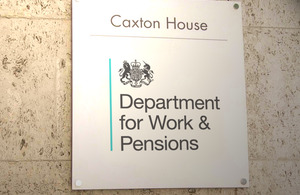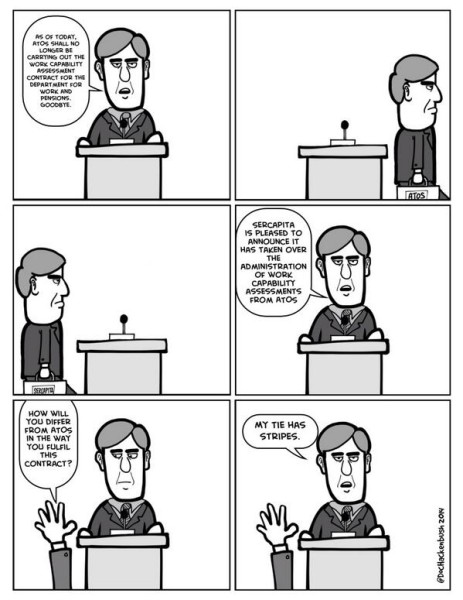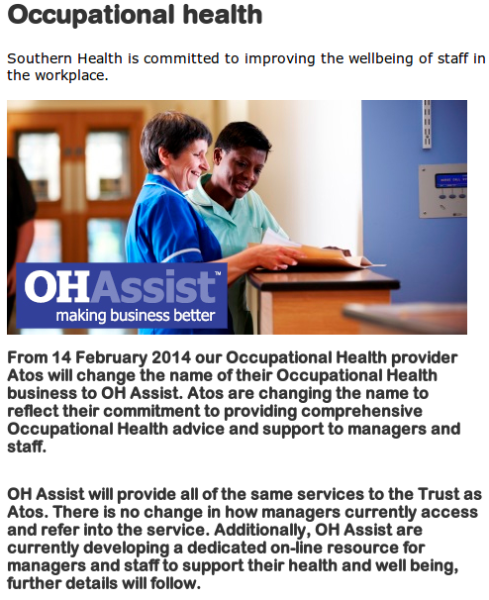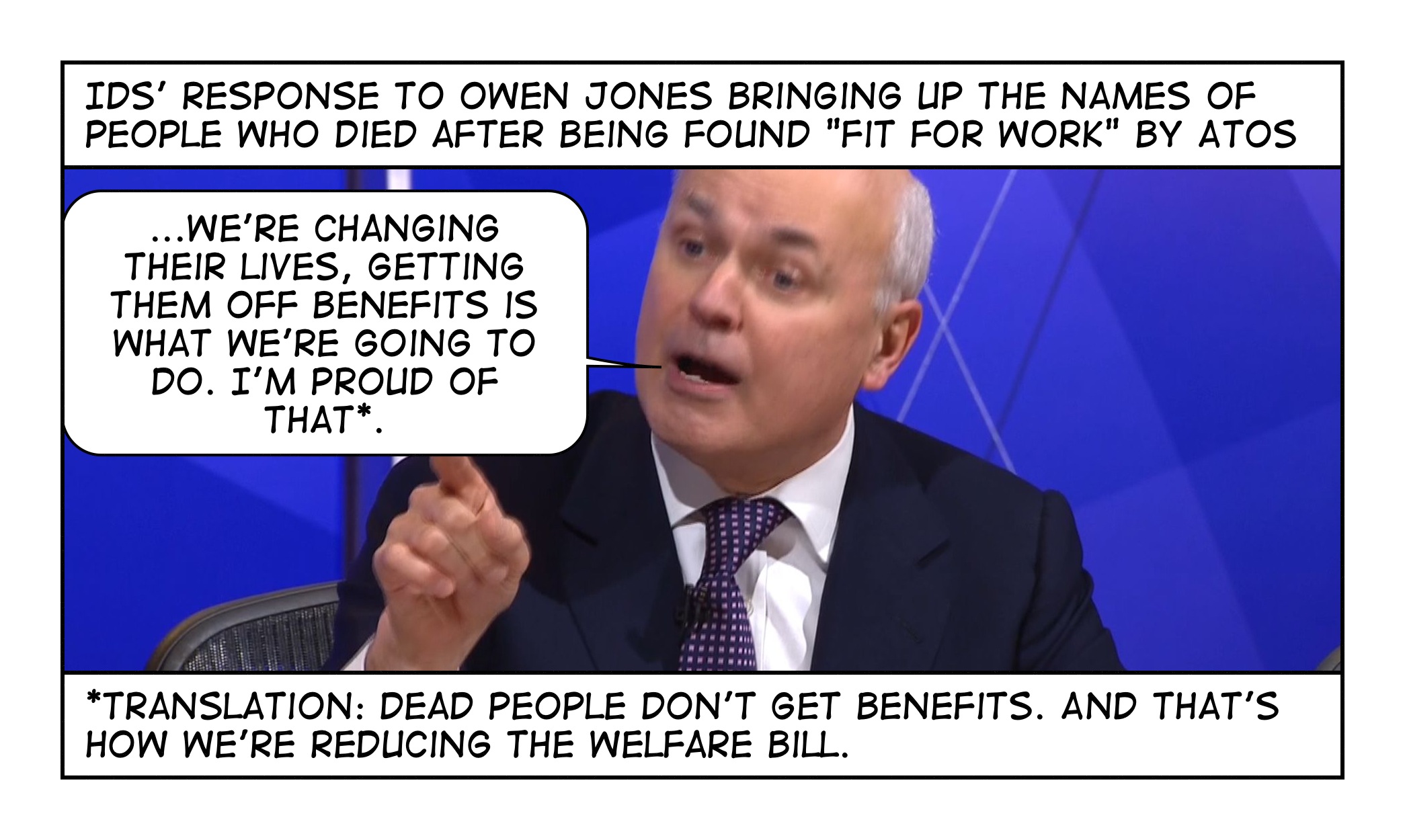In today’s scary news, it has emerged that the DWP are claiming the right to enter the home of people in receipt of a variety of benefits, demand to see their ID and financial documents, and interrogate them for an hour or more. All without prior warning.
While the DWP have always had teams that investigate fraud - including spying on people through their windows from parked cars - the idea that they can select you at random and turn up unannounced appears to be new. What happens if you turn the DWP officer away is not stated. While the website says “You can reschedule your appointment if you need to” it also says “You won’t always get a letter in advance telling you about the visit.” Of course this is very likely to be backed up with the usual “you do not have to comply but if you do not then your benefits may be affected.” When confronted with the idea of losing all their income most people will obey against their will.
As many people have pointed out to me, plenty of sick people cannot cope with this intrusion or unpredictability. (Including myself.) Others may not have the ability to find the documents or to think well enough to provide the answers demanded. Carers who know all the details may not be present.
I suspect that the random selection and the entry into the home without warning may breach the human rights act. I’d appreciate if someone knowledgeable could check this for me.
It is notable that the text claims that the DWP will check you if you are on Housing Benefit. That benefit is implemented by the local authority and not the DWP. This leads me to believe that this update is mostly posturing for the tabloids on the part of the SPADs that churn out propaganda for the DWP Press Office.
A page on the gov.uk website carrying a date of 2 June 2014 sets out what the DWP are threatening. The current contents of that page in full:
Home visit to check your benefits payments
You may get a visit from a Department for Work and Pensions (DWP) officer to check that your benefits payments are correct. A Performance Measurement review officer may visit you if you’re claiming:
- Employment and Support Allowance
- Housing Benefit
- Income Support
- Jobseeker’s Allowance
- Pension Credit
What to expect
The officer will interview you in your home and will want to see 2 forms of identification. They’ll also ask to see documents about money, savings and rent, eg:
- payslips
- bank, building society or Post Office accounts
- rent book or tenancy agreement
- benefits and tax credit awards
Visits usually last up to an hour but may be longer. You can reschedule your appointment if you need to.
Check their identity
You can check the identity of the Performance Measurement review officer by:
- asking to see their photo identity card
- calling the Business Support Team and giving the review officer’s name









